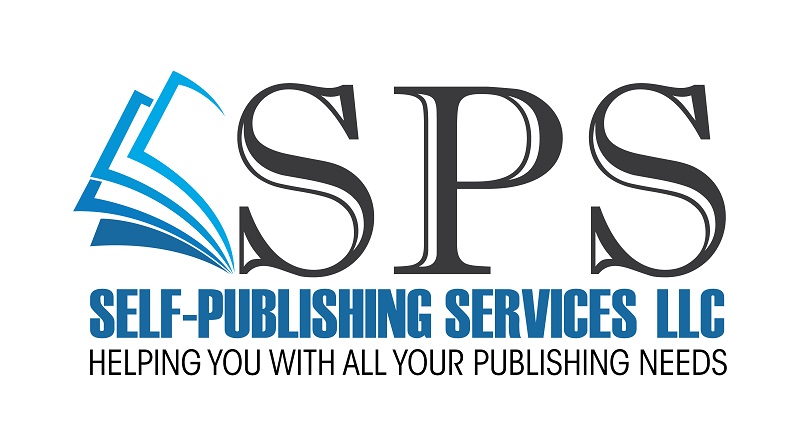Stop Walking Quickly: How Adverbs Weaken Your Writing
For the love of all that is holy, jog. Hustle. Bustle. Bulldoze. Scuttle. If you want to keep it subtle, rush.
Stephen King spends entire chapters in his book On Writing slinging sizable arrows at adverbs. For good reason. Most of the time, they make for boring, clunky reading. King makes the case that the writing preceding your adverb should be descriptive enough to render the adverb useless or redundant. That’s a legitimate argument. We will add, by choosing adverbs over more specific, descriptive verbs, you’re throwing away critical opportunities to flex your writing voice.
Back up a second. In case you are not aware, an adverb is (according to Merriam-Webster’s dictionary): a word … typically serving as a modifier of a verb, an adjective, another adverb, a preposition, a phrase, a clause, or a sentence, expressing some relation of manner or quality, place, time, degree, number, cause, opposition, affirmation, or denial, and in English also serving to connect and to express comment on clause content
That’s jargony. An adverb is a word that adds meaning to another word, most often a verb. Adverbs often end in -ly.
Our editors slash and burn adverbs by the hundreds every week. Most of the time, writers add adverbs to weak/boring verbs as a stand-in for descriptive language. Here’s a tiny fraction of adverb + verb combinations we’ve seen in recent edits:
Walking quickly
Screamed loudly
Suddenly spotted
Suddenly heard
Suddenly went
Dancing slightly
Softly squeezed
Monitored closely
Walked slowly
Slowly closed
Walking slowly
Boldly stated
Said tearfully
Spoke calmingly
Cheered wildly
Some of these are redundant (screamed loudly, monitored closely), and some are just plain boring. (Looking at you, walk + anything-ly and anything + suddenly). These combinations have zero personality, and they do nothing to evoke emotion in readers. They also slow the reading pace. The English language contains tens of thousands of verbs, each with their own nuance. It’s a tiny choose-your-own-adventure within the writing process that pays big dividends for your writing quality.
Take “walking slowly” as an example.
The man walked slowly through the parking lot.
That sentence paints a faint picture. I could fall asleep reading it.
The man crept through the parking lot.
Without any other surrounding detail, the mood has changed—it’s darker, more sinister, anxiety inducing.
The man ambled through the parking lot.
Now we’ve lost the creep factor and might lean toward amusement or irritation, depending on the circumstances that came before this pronouncement.
These are small changes, but they add instant impact. If you’ve never focused on your adverbs, be prepared. You may be surprised how many crop up in your writing. If the perfect verb doesn’t spring to mind while you’re writing, don’t let that slow you down. Make it part of one of your editing passes. Do a search for -ly in your word doc and highlight all the adverbs you find. Spend time reviewing not just the adverb itself, but the entire passage. Eliminate the adverb by strengthening the description around it or finding a verb with weightier connotations.
One caveat, though. There is a fine line between choosing powerful, meaningful verbs and overwhelming your reader with all the possible ways to say “walked.” If you find yourself searching for alternatives of the same verb more than a couple of times, you might need to step back a bit further and determine whether repetition of that action serves a meaningful purpose or is a writing crutch. For example, if you’re always describing the way someone leaves a room, your real struggle is probably with how to end a scene.
The editors at SPS don’t have an annihilation approach to all adverbs. Sometimes, they’re the right choice. But more often, they detract from your writing and need to go. Eliminating adverbs is one of the easier and faster ways to strengthen your overall writing and hone your voice.
As always, if you have questions about editing and your manuscript, you can take advantage of one free hour of consulting. Contact us here to schedule your call!

